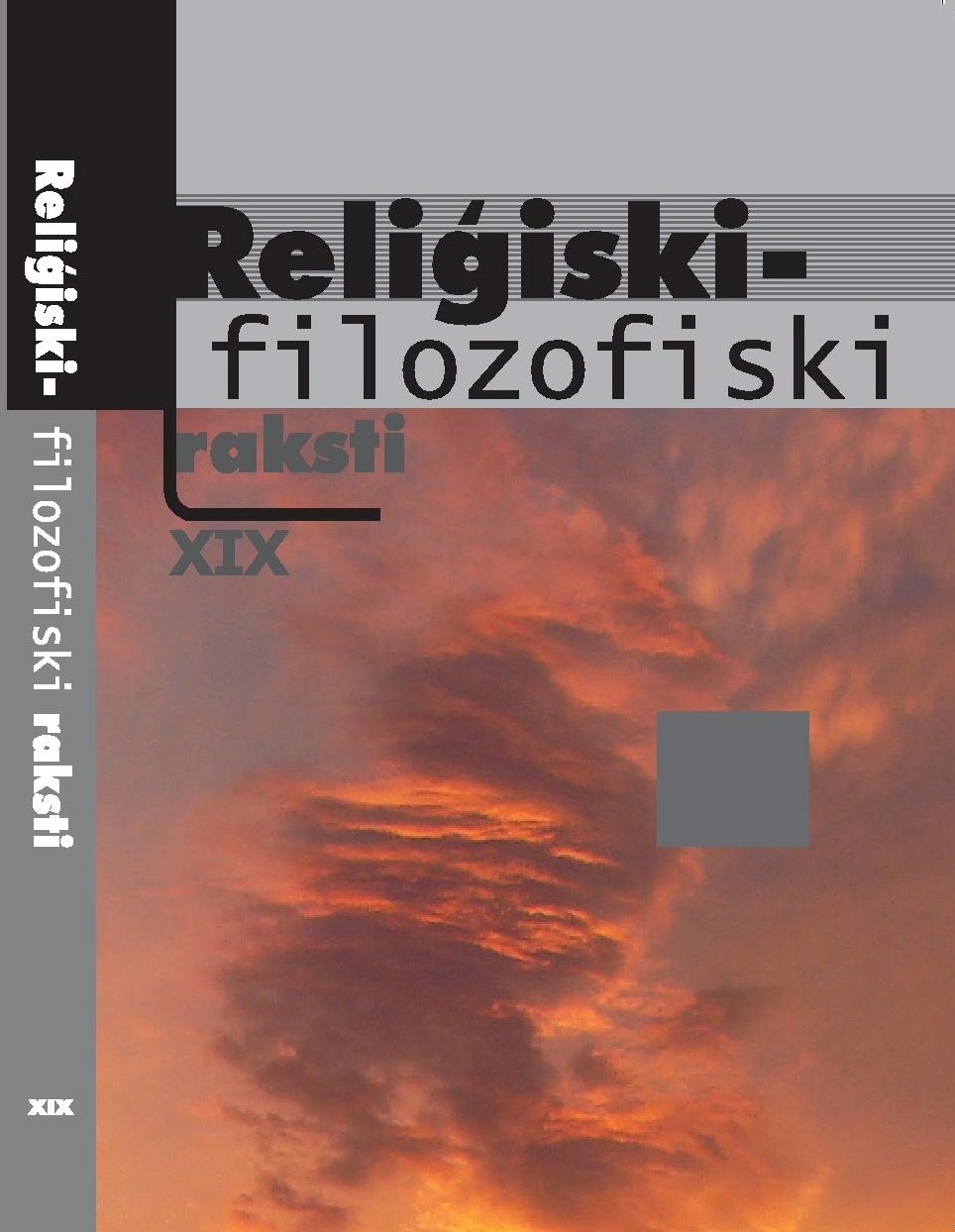Pareizticīgā Baznīca Sociālistiskā valstī: “Sovjetizācija ” un tās “Eksports ” pēc Otrā pasaules kara
Orthodox Church in the Socialist Country, “Sovietization” and its “Export” after World War II
Author(s): Mária BelákováSubject(s): History of Church(es), Politics and religion, History of Communism
Published by: Latvijas Universitātes Filozofijas un socioloģijas institūts
Summary/Abstract: This paper deals with the transformation of the Orthodox Church during the Soviet regime and under the pressure of the Communist ideology. In the concept of Sovietization, the author includes not only the export of the Socialist model of governance to the countries influenced by the Soviet Union after World War II, but also a set of interrelated elements, including the spread of Socialist and revolutionary ideas and methods in the Church and religious communities. This policy required from the Church leadership and ecclesial structures to accept process of adaptation to the new Soviet reality and the deliberate policy of the government. It was aimed at finding the instruments of control of the Church and the possibility of using this institution in Soviet ideological interests – both domestic and international; and adaptation by Orthodox believers of the values and practices of the Soviet Socialist state and secular society as a whole. The study highlights the chronological stages of the Sovietization and notes that the process of Sovietization significantly affected the institutional, human and social side of public life of the Church.
Journal: Religiski-filozofiski raksti
- Issue Year: XIX/2015
- Issue No: 2
- Page Range: 155-187
- Page Count: 33
- Language: Latvian

